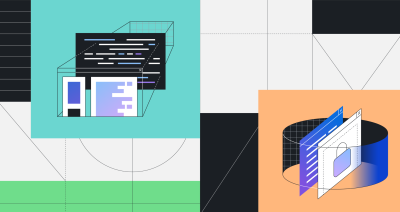
Multi-repository variant analysis: a powerful new way to perform security research across GitHub
Multi-repository variant analysis lets you scale security research across thousands of repositories, giving you a powerful tool to find and respond to newly discovered vulnerabilities.






